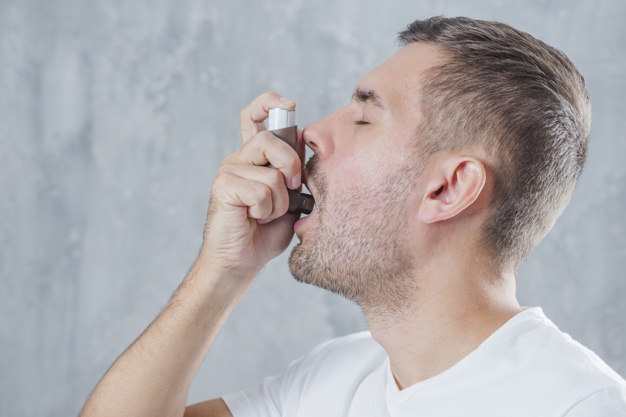During an asthma attack, also called an asthma exacerbation, the airways become swollen and inflamed. The muscles around the airways contract and the airways produce extra mucus, causing the breathing (bronchial) tubes to narrow.
During an attack, you may cough, wheeze and have trouble breathing. Symptoms of a minor asthma attack get better with prompt home treatment. A severe asthma attack that doesn't improve with home treatment can become a life-threatening emergency.

The key to stopping an asthma attack is recognizing and treating an asthma flare-up early. Follow the treatment plan you worked out with your doctor ahead of time. Your treatment plan should include what to do when your asthma starts getting worse, and how to deal with an asthma attack in progress. For any urgent help, you can get in touch with our medical experts at Vision Multispeciality Hospital.
Asthma attack signs and symptoms include:
- Severe shortness of breath, chest tightness or pain, and coughing or wheezing
- Low peak expiratory flow (PEF) readings, if you use a peak flow meter
- Symptoms that fail to respond to use of a quick-acting (rescue) inhale
Signs and symptoms of an asthma attack vary from person to person. Work with your doctor to identify your particular signs and symptoms of worsening asthma — and what to do when they occur.
